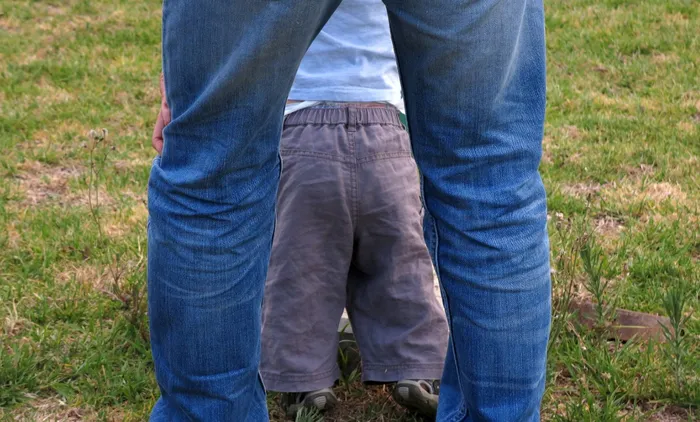Why fathers are essential for children's health and development
Dads matter

Research shows that fathers are more involved in parenting than ever before.
Image: File
FATHERS play an irreplaceable role in all families. The involvement of fathers has a significant impact on both their children’s and the family’s health and development. Studies show that preparation during a mum’s pregnancy and involvement right from the birth of their child, is crucial in many ways.
A study done in 2013 showed that almost 24 million children live without a father in their home, and these results are indeed alarming. Fathers should aim to be present at the birth of their child if possible and actively involve themselves in their child’s healthcare and education.
A father’s role can be manifested in a multitude of ways: as the primary parent, as one of two primary parents, or as a secondary parent. The father may be biological, foster, adoptive, a stepfather or even a grandfather. Many children do not have a male involvement in their lives. An international study has also shown changing trends in parenting, with a dramatic increase in single fathers raising children.
Another recent study revealed that paternal involvement can be associated with reduced obesity and asthma in children, including better mental health and cognition.
Paternal involvement should ideally start during pregnancy. Fathers should provide adequate support to mothers, such as accompanying them to antenatal clinic visits. A study in 2007, interestingly showed that paternal involvement during pregnancy may be associated with reduced smoking, and two other studies showed a reduction in adverse birth outcomes.
More fathers are now present during the delivery of their infants, especially in the private sector. Fathers are also advised to provide their newborns with skin-to-skin care after the baby is delivered. Premature babies most need skin-to-skin care, which is called kangaroo mother care, but fathers should also be involved. The first 1 000 days of an infant's life is a golden period and should involve paternal bonding and care.
The benefits of paternal involvement persist during childhood. Studies were conducted in children with chronic diseases, and children with no paternal involvement had poor adherence to treatment, psychological adjustment and overall health status.
Emphasis has now been placed on the role of fathers play in interactions with their children. When fathers engaged in play with their children from infancy, the child had a lower chance of developing mental health issues during early childhood. Behavioural problems were also reduced in these children.
Mental health should be a priority in all families and largely impacts family dynamics.
Fathers should provide support to mothers who may undergo postpartum depression after the delivery of their little one. They should take turns to feed the baby, change diapers and console the baby during episodes of crying.
Some babies may develop colic, which can be very distressing for parents, so the role of fathers in assisting mothers is crucial. However, the mental health of fathers should not be discounted, and mothers should play a similar role in providing support to fathers. Up to 25% of fathers may experience depression after the delivery of their child.
Some studies show a possible relationship between the role of fathers in the development of a child, especially in language. Children displayed better expressive language at 3 years of age, but further studies are warranted.
The adolescent phase can be quite challenging for both parents and children. Several large studies have shown that the quality of father-child involvement during the adolescent phase leads to a lower risk of adolescent risky behaviour. Psychological problems may be less in girls and behavioural problems less in boys.
Adolescents need all the support they can get from both parents as they navigate through this challenging phase in their lives.
Overall, current research shows that fathers are more involved in parenting than ever before.
More research and intervention are needed in post-partum paternal depression, which is often undiagnosed. Supporting paternal employment leave is also important, allowing fathers to provide the support needed for their little ones.

Dr Mark Moodley
Image: Supplied
Dr Mark Moodley is a specialist paediatrician based in the private sector in Umhlanga in Durban. He treats acute and chronic conditions in children and has a keen interest in children with Autism Spectrum Disorder, including mental health in children and their parents.
Related Topics: